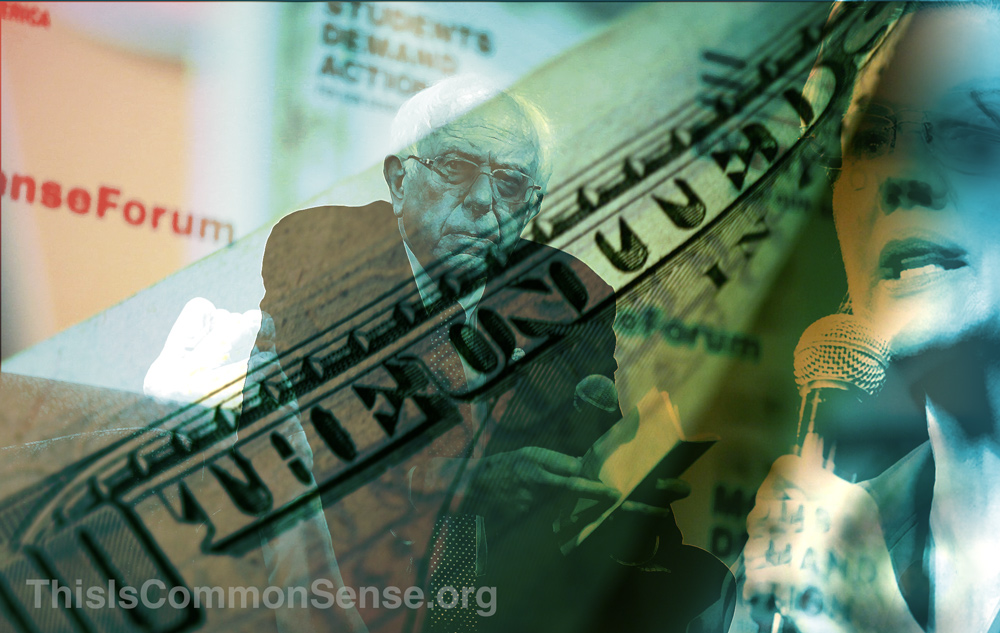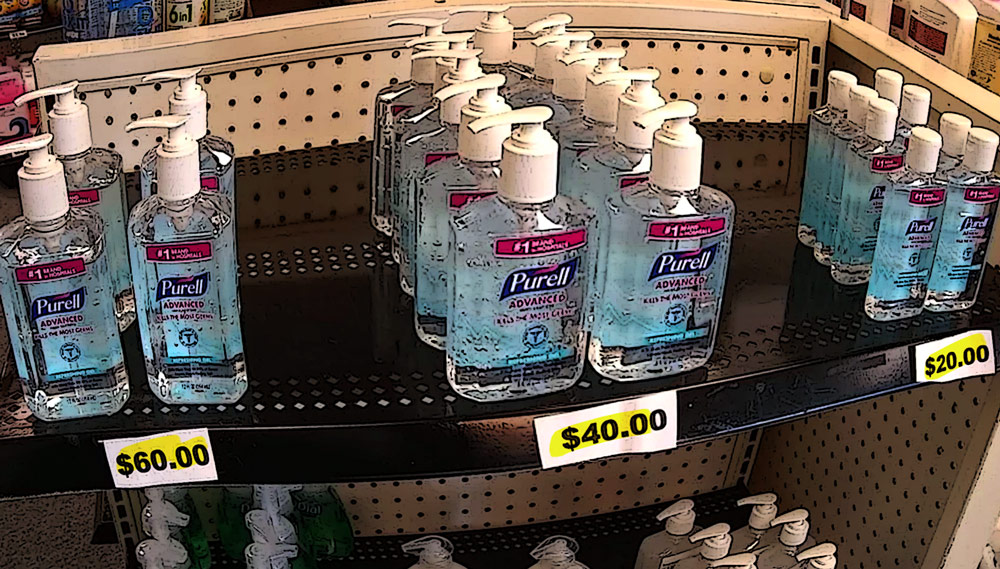It’s easy to blame others for greed. And when prices rise, I suppose I can imagine being so upset that … well, if not my mind, Bernie Sanders’ mind … would become unhinged:
“Greed. Greed. Greed. While Americans are struggling at the pump,” the senator tweeted on Friday the 13th, “in the first three months of this year, oil and gas companies made over $41 billion in profits, more than double their profits from last year. The problem is not inflation. The problem is corporate greed.”
That’s Bernie Sanders for you. It’s not government profligacy or Federal Reserve monetary policy or the Biden Administration’s anti-fossil fuels agenda … or supply-line problems, persisting COVID-lockdown effects, or anything else.
Just greed.
But is greed somehow cyclical? Why were greedy corporations providing cheap gas a year ago and then able to raise it only under Democrats’ rule?
Alas, Bernie isn’t the only low-brow demagogue in the Senate. There’s Senator Elizabeth Warren pushing a new “price gouging” bill.
So, just as Bernie never answers “why is greed so successful at gouging now?,” how does Liz answer the burning question “how can we objectively define ‘price-gouging’?”
As journalist Catherine Rampell observes on Twitter, the senator’s definition in the bill is less than enlightening: “price-gouging” is “just pricing that is ‘unconscionably excessive.’”
Now that, Senator Warren, is unconscionably vague.
And incidentally, aren’t both senators on the record as demanding higher gas prices to usher in “green energy” to “save the planet”? This all seems unconscionably … deceptive.
This is Common Sense. I’m Paul Jacob.
Photo credits: Warren/Bernie/money
See all recent commentary
(simplified and organized)
See recent popular posts



